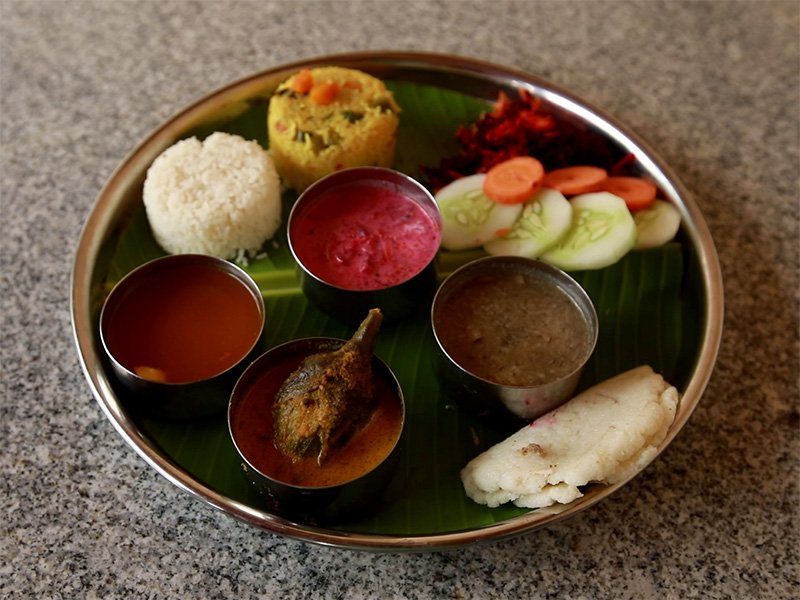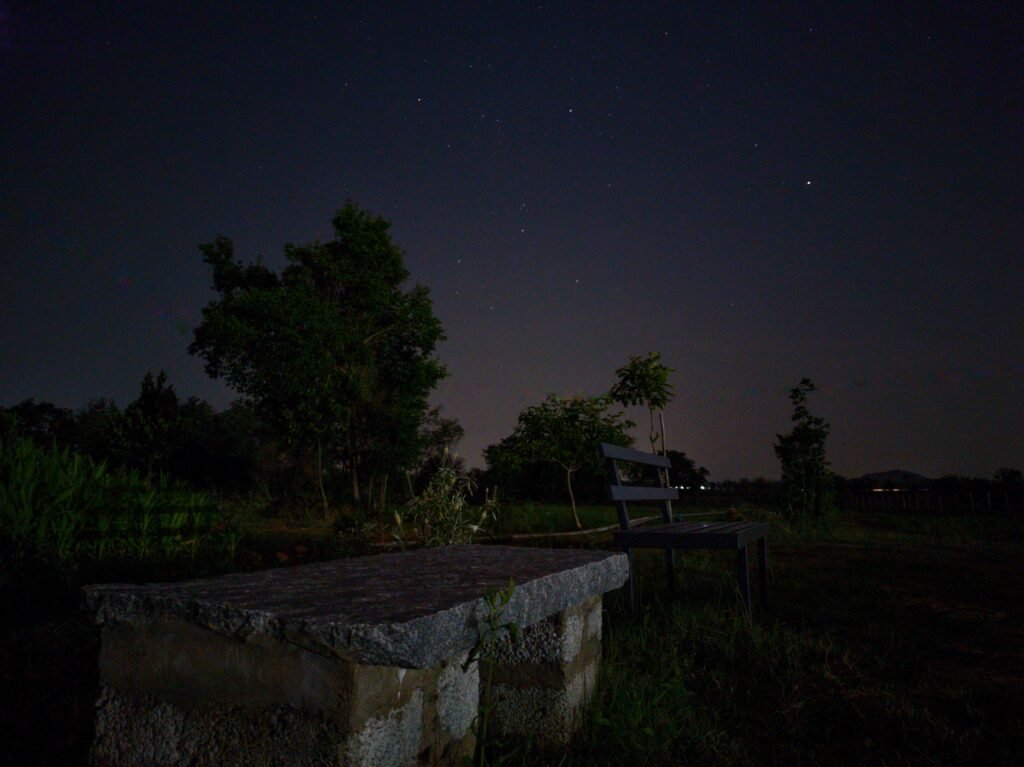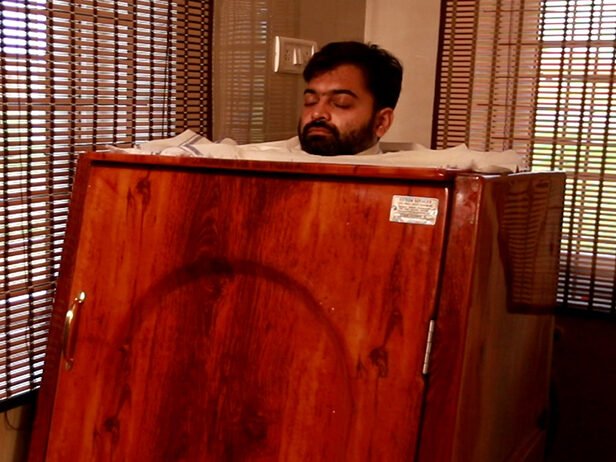In continuation from part 2
The next charya or routine is to have a bath, termed as snana.
After vyayama, one is to bathe in tepid water or warm water, and advised to be seated during the bath. This is to avoid any injury that may be caused by losing one’s balance or slipping in the mix of water and oil. We are to wash our head whenever we wash our body to avoid displacement of body heat to the head. In fact one is advised to wash the head with water that is cooler than what is used for the body.
Head is the seat of our sense organs, and also of the dosha called Kapha, hence the need to protect it from heat. In Ayurvedic practice, whenever steam is given to the body, the head is not exposed to steam to ensure that it is not affected by the heat. Therefore the concept of a steam or sauna room is against the basic principles of Ayurveda.
Of the sense organs, the eye is the seat of Pitta which is the fire element. Hence in treatments, one’s eyes are protected with a cold pad while steaming the face.
It is interesting to read that a lot of importance is given to alankara or adornments, in this treatise on health and well-being. After bathing, one is advised to dress in clean, fresh colourful attire and avoid dull and crumpled clothes. Adornments in the form of jewellery and other accessories, and use of fragrances on the body are advised.
Applying kohl to the eyes has already been discussed, and application of sandal or vermillion on the forehead, chewing betel leaves to redden the lips are practices advised which have health benefits in addition to beautifying the face. Adorning the hair with fragrant flowers is also included.
After dressing up thus, we are requested to look at our reflection in a vessel containing oil, which was the substitute for a mirror in ancient times.

After dressing and adorning oneself, the next activity is annapaana, or consumption of the first meal of the day. Food is to be freshly cooked, warm, easy to digest, and well lubricated. Food is to be shared with well-wishers and the needy. One is to sit cross-legged and consume food, and advised not to eat when one is in anger or in grief. We are also advised not to eat more than half our stomach’s capacity, and fill only one fourth of our stomach with fluids during a meal, facilitating proper digestion.
According to Ayurveda, our gut, where digestion takes place with the Jatharagni at its core, is primarily responsible for our health and wellness.
After our meal, we are advised to engage in karma yoga, according to one’s dharma. If stepping out of the house, one is advised to carry an umbrella and wear padukas. Whenever we step into the house from the outdoors, one is advised to wash one’s hands and feet thoroughly. This is an ancient good health practice detailed in our Samhitas which we practised diligently during the COVID pandemic.
After the day’s work, the next meal of the day is to be eaten before sunset.
Walking half a mile is recommended after the meal.

At the close of the day, one is advised to contemplate on the activities of the day and retire, sleeping on a low cot with one’s head to the east or south and a small pillow supporting the head. A glass of water is to be placed at hand’s length.
Thus ends the chapter on Dinacharya.
At ArogyaM we see health as overall wellbeing. Our programs integrate yoga and Ayurveda through traditional treatments and the practice of Asanas and Pranayama. The study of Ashtanga Yoga and Ayurveda using traditional texts adds a unique flavor and deeper understanding of the connection between body and mind health.
There are a few recommendations for a fruitful life that are detailed in this chapter which will be explained in the next edition of Sangachatwam, which will also include some important aspects of Ritucharya, or seasonal routines.
To read part 1, click here
To read part 2, click here


